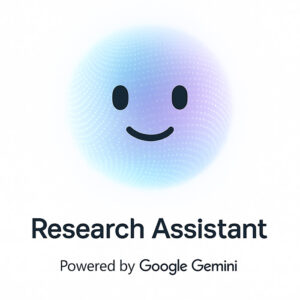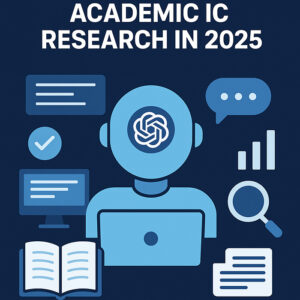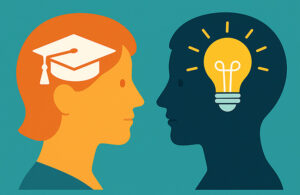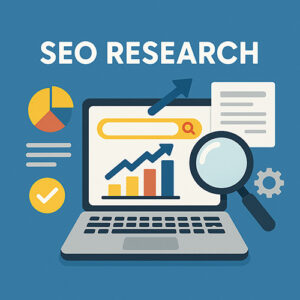Protecting Our Planet: Why Biodiversity Matters More Than Ever
When we walk through a forest, snorkel over a coral reef, or simply look around a garden, we’re witnessing biodiversity—the immense variety of life on Earth. This includes everything from genes and species to entire ecosystems. But this web of life is unraveling fast.Protecting Our Planet.
Scientists believe we’re in the middle of the sixth mass extinction—caused not by asteroids or natural disasters, but by us. Habitat destruction, pollution, climate change, overexploitation, and invasive species are driving extinction rates 100 to 1,000 times faster than normal. The consequences go far beyond the loss of wildlife.
Why Should We Care?
Biodiversity is the backbone of stable ecosystems. It helps forests absorb carbon, coral reefs recover from bleaching, and grasslands survive droughts. In agriculture, crop diversity protects us from famine and pests. In medicine, many life-saving drugs—from cancer treatments to antibiotics—come from plants, fungi, and animals. And in everyday life, it gives us clean air, water, food, and even mental wellbeing.
Even the soil beneath our feet is alive—teeming with microbes that grow our food and fight disease.
The Threats Are Real
We’re losing forests, wetlands, coral reefs, and wildlife faster than ever. Industrial farming, pollution, and urban sprawl are breaking habitats apart. Climate change is pushing species beyond their limits. Plastic chokes marine life. Light and noise disrupt natural behavior. Invasive species outcompete local ones. Overfishing and illegal wildlife trade are emptying oceans and forests alike.
What Can We Do?
Conservation is no longer just about creating parks. It’s about rethinking how we live. That means:
Protecting nature: Expanding and managing protected areas, supporting community-led conservation.
Restoring ecosystems: Rewilding landscapes, bringing back native species, rebuilding soils and rivers.
Changing how we consume: Reducing waste, choosing sustainable food, avoiding products that destroy habitats.
Investing in nature: Supporting policies and businesses that protect ecosystems.
Spreading awareness: Education, media, and cultural connection to nature are key to lasting change.
The Way Forward
The biodiversity crisis is urgent—but not hopeless. Species can bounce back. Forests can regrow. Coral reefs can recover. But time is running out.
Protecting biodiversity isn’t just about saving wildlife. It’s about securing our own future. What we do today will shape the planet our children inherit.
The question is simple: Will we act in time?









